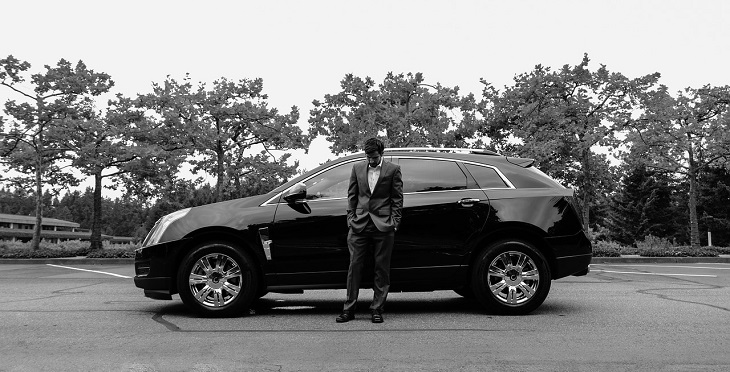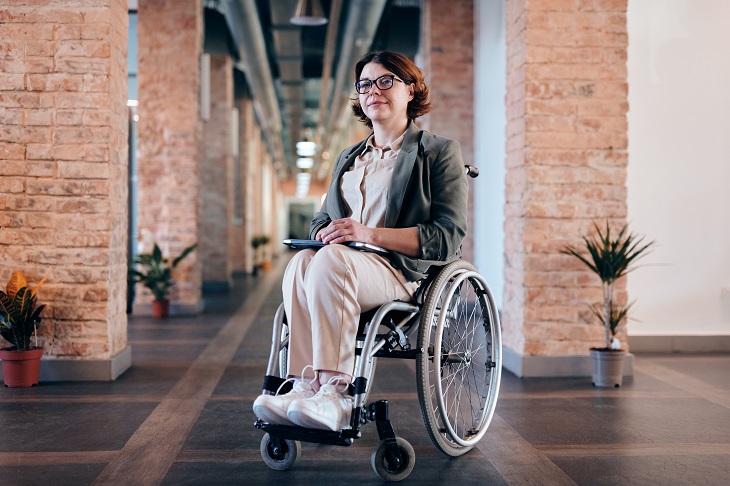Valet parking can be super convenient. It allows you to relax and not worry about finding a parking space during busy times in busy locations. At hotels, restaurants, and casinos, being able to avail of valet parking means you can spend more time enjoying yourself and less time searching for a parking space. Having your vehicle parked by a valet can be quite the luxury!
As a disabled driver, you benefit from valet parking because it means you can exit your vehicle directly in front of your destination and therefore have less distance to cover. Valet parking can make a disabled driver’s life a lot easier. But during the COVID pandemic, when social distancing is being used to prevent the spread of infection, is valet parking a safe option? While valet parking is helpful and convenient, could it also be risky during the coronavirus pandemic?
Today we will discuss valet parking and COVID, detailing everything you need to know to stay safe.
What Is Valet Parking?
Valet parking is when an attendant (i.e. a valet) takes your vehicle and parks it for you. The valet will give you a ticket; when you need your vehicle again you show the ticket and it will be returned to you.
Valet parking exists to save you the bother of searching for a parking space. It is most typically offered by businesses to their customers, and is common at restaurants, hotels, casinos, and stores.
What Are The Benefits Of Using Valet Parking?
The benefits of using valet parking are:
- Time saving
- Less hassle to find a parking space
- Less distance to walk from vehicle to destination
The benefits to a business of offering valet parking include:
- Fitting more customers in by parking vehicles efficiently
- Attracting more customers by offering added convenience
Can I Use Valet Parking With A Disabled Parking Permit?
You can avail of valet parking services if you have a disabled parking permit. In fact, using a valet parking service can be even better than using a disabled parking space in that it usually offers the absolute shortest distance to travel between your vehicle and your destination.
What Are The Qualifying Conditions For A Disabled Parking Permit?
Not every business offers valet parking, so getting a disabled parking permit is still a very good idea. The qualifying conditions for a disabled parking permit are:
- Not being able to walk 200 feet without needing to stop to rest
- Any condition that impairs mobility to the extent that the use of a walking aid such as a wheelchair, prosthetic device, cane, or brace is required
- Heart disease
- Lung disease
- An orthopedic, neurological, or arthritic condition that seriously impairs mobility
- Legal blindness
Valet Parking And COVID
Knowing how to park safely during the COVID-19 pandemic is crucial because the disease is extremely contagious. So, is valet parking safe during COVID? Yes, provided that the valet service implements COVID safety measures.
What COVID Safety Measures Have Valet Parking Services Been Putting In Place?
Wondering “How can I find COVID-safe valet parking?” The best way to guarantee COVID-safe valet parking is to call ahead and ensure the business in question has strict hygiene and safety protocols in place.
To stay COVID-safe, all valets must:
- Complete a self-screening survey every day
- Wear disposable surgical masks and disposable gloves while working
- Properly dispose of PPE
- Avoid handshakes
- Maintain social distancing
- Sanitize frequently touched surfaces
- Wash hands per CDC guidelines
- Use hand sanitizer
- Follow SAFEPARK sanitization guidelines from the National Parking Association
Is Valet Parking A Higher-Risk Option During The Pandemic?
Valet parking is higher risk during the pandemic because COVID is a contagious disease, and if proper safety measures are not taken, a valet could pass infection on to their customers (or vice versa).
Should I Valet Park During Coronavirus?
If the proper COVID safety measures are taken by both driver and valet, it is safe to use valet parking during coronavirus.

What Can Disabled Drivers Do To Minimize Risk When Using Valet Parking?
When you are using valet parking during coronavirus, you can minimize risk of passing on or contracting COVID by:
- Maintaining social distancing
- Wearing a face mask
- Sanitizing your hands
- Sanitizing frequently touched surfaces in your vehicle
How Can You Get A Disabled Parking Permit?
The best way to get a disabled parking permit is to arrange a telemedicine consultation with a medical professional through the Dr. Handicap online clinic. Once your disability has been verified by the examining medical professional, they will complete the relevant sections of the DMV disabled parking application form, sign it, and email it directly to you.
Featured image by Paul Volkmer on Unsplash


